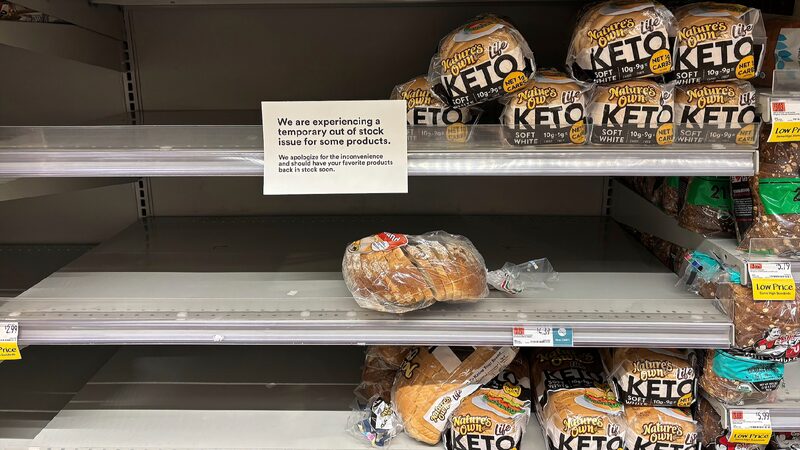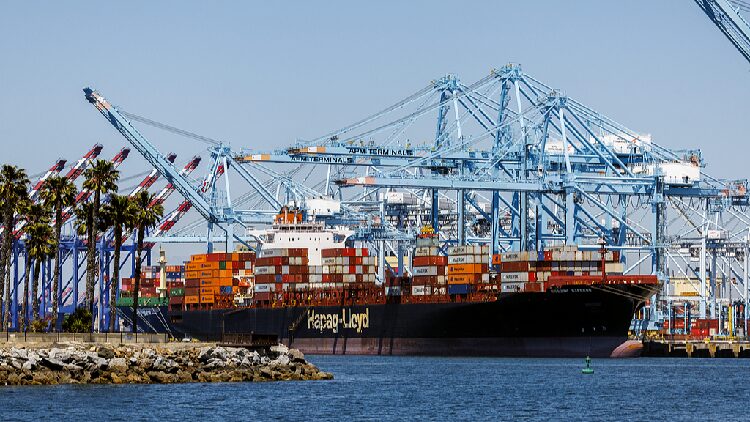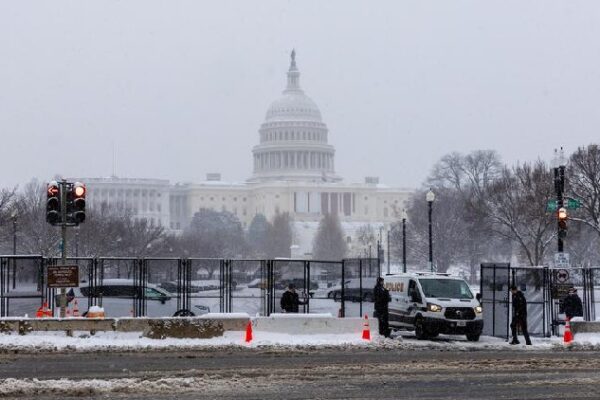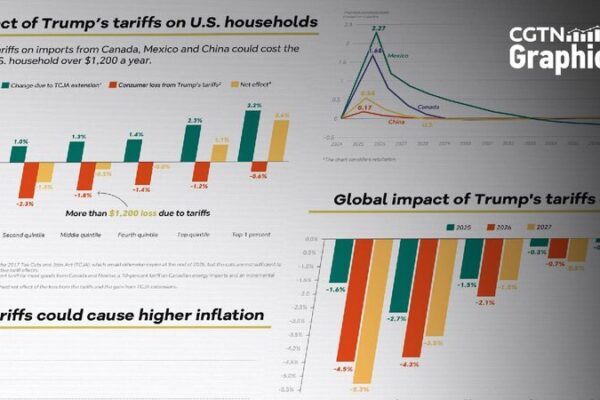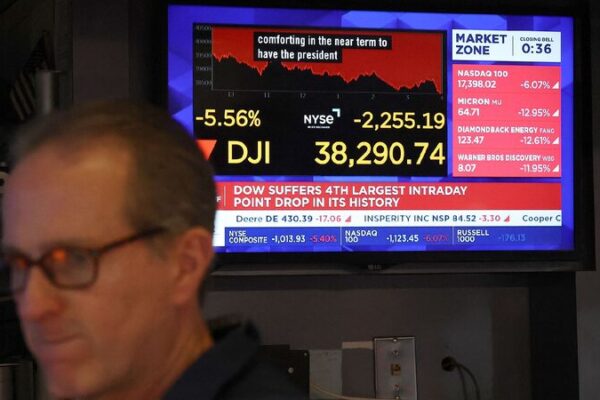The United States’ recent implementation of new tariffs is stirring uncertainty within its own economy. These measures are not only inflating the cost of goods for consumers but also placing immense pressure on over 30 million small American businesses struggling to adapt to the changing landscape.
As tariffs increase the prices of imported goods, consumers are feeling the pinch through higher prices at the checkout. Everyday items, from electronics to clothing, are becoming more expensive, leading to a rise in inflation that affects everyone’s wallet.
Small businesses, often described as the backbone of the American economy, are facing significant challenges. With thinner profit margins than large corporations, these enterprises are finding it difficult to absorb the additional costs imposed by tariffs. Many are forced to make tough decisions, such as raising prices, cutting staff, or even shutting down operations.
Economic experts warn that the long-term impact of these tariffs could lead to decreased competitiveness of American businesses on the global stage. As companies grapple with higher operating costs, their ability to innovate and invest in growth diminishes.
The ripple effects extend beyond the U.S. borders, influencing the global economy. International trade partners may respond with their own tariffs, leading to a potential trade war that could hinder global economic growth and cooperation.
In a world increasingly connected through trade, the question remains: Who truly pays the price for such economic policies?
Reference(s):
cgtn.com
